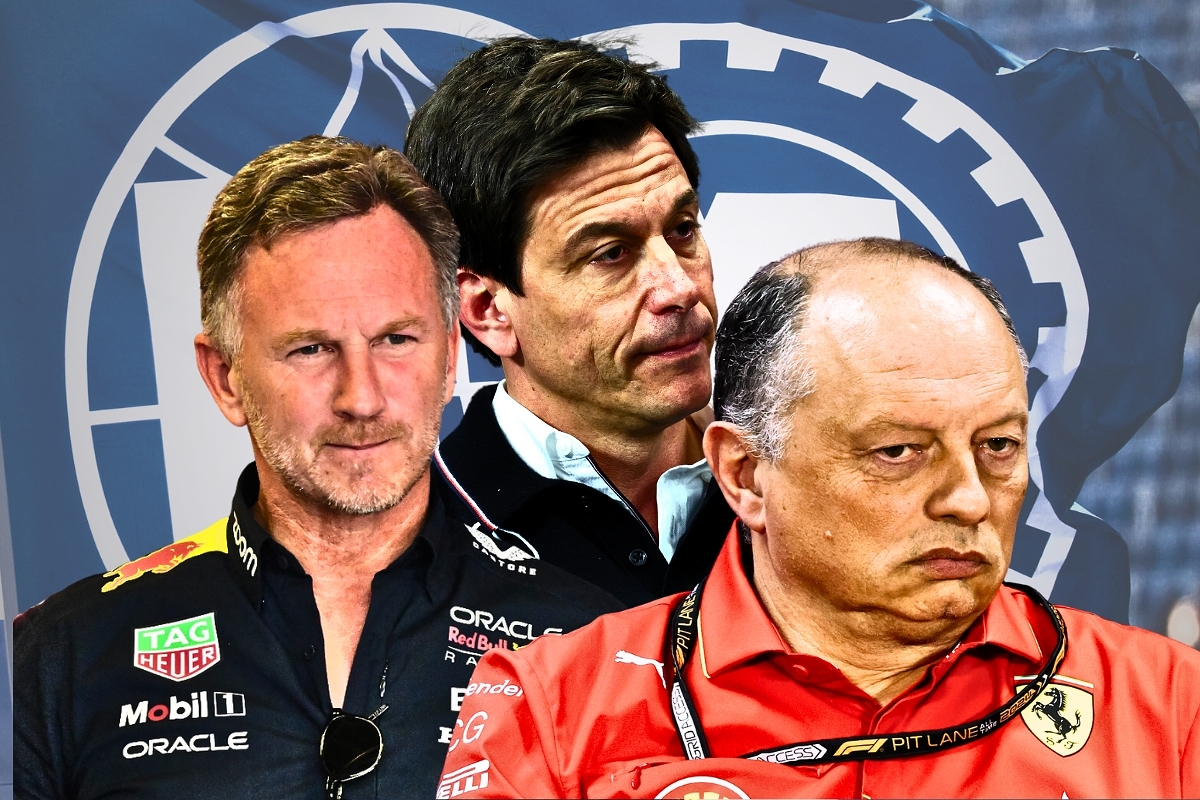
Latest News

F1 Social
The F1 team with its OWN alcohol and energy drink
- 1 minute ago

F1 News Today
F1 News Today: ‘Game over’ for Lewis Hamilton as Ferrari boss explores 2026 reshuffle
- 33 minutes ago

Ferrari
Lewis Hamilton's role in crucial Ferrari decision could pay off big time
- 1 hour ago

F1 Legends
Max Verstappen reveals F1 star he wants as team-mate more than '99% of the others'
- 2 hours ago

Ferrari
Ferrari F1 destroy rivals in latest rich list despite horror 2025 season
- 2 hours ago

Lewis Hamilton
Lewis Hamilton Ferrari F1 replacement 'identified'
- Today 08:56
Most read

50.000+ views
Max Verstappen Abu Dhabi penalty haunts F1 title dreams
- 7 december

30.000+ views
Lewis Hamilton private chat confirms retirement decision
- 13 december

30.000+ views
F1 Qualifying Results: Abu Dhabi Grand Prix times and grid positions
- 6 december

30.000+ views
Who is Adam Norris? Lando's father who became a millionaire from pensions
- 7 december

30.000+ views
Max Verstappen will leave Red Bull as part of exodus
- 12 december

30.000+ views
F1 News Today: Christian Horner plan materialises as Aston Martin announce F1 swap for Abu Dhabi GP
- 4 december


























 Grand Prix of Australia 2025
Grand Prix of Australia 2025  Grand Prix of China 2025
Grand Prix of China 2025  Grand Prix of Japan 2025
Grand Prix of Japan 2025  Grand Prix of Bahrain 2025
Grand Prix of Bahrain 2025  Saudi Arabian Grand Prix 2025
Saudi Arabian Grand Prix 2025  Grand Prix De Monaco 2025
Grand Prix De Monaco 2025  Gran Premio de Barcelona-Catalunya 2025
Gran Premio de Barcelona-Catalunya 2025  Grand Prix du Canada 2025
Grand Prix du Canada 2025  Grand Prix of Austria 2025
Grand Prix of Austria 2025  Grand Prix of Belgium 2025
Grand Prix of Belgium 2025  Grand Prix of Hungary 2025
Grand Prix of Hungary 2025  Grand Prix of Azerbaijan 2025
Grand Prix of Azerbaijan 2025  Grand Prix of Singapore 2025
Grand Prix of Singapore 2025  Gran Premio de la Ciudad de Mexico 2025
Gran Premio de la Ciudad de Mexico 2025  Grande Prêmio de São Paulo 2025
Grande Prêmio de São Paulo 2025  Qatar Grand Prix 2025
Qatar Grand Prix 2025  Grand Prix of Abu Dhabi 2025
Grand Prix of Abu Dhabi 2025 